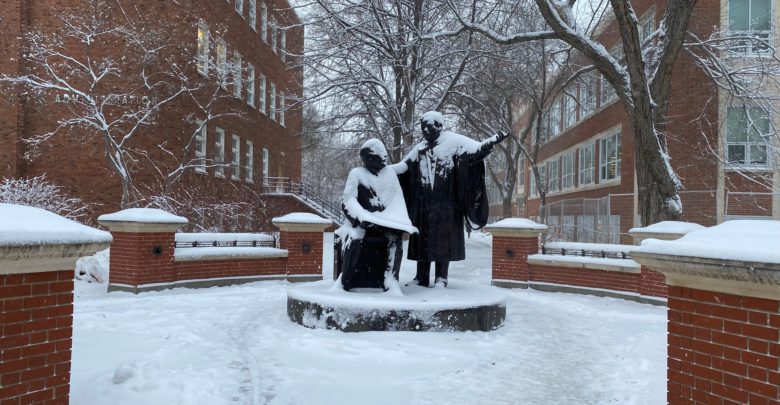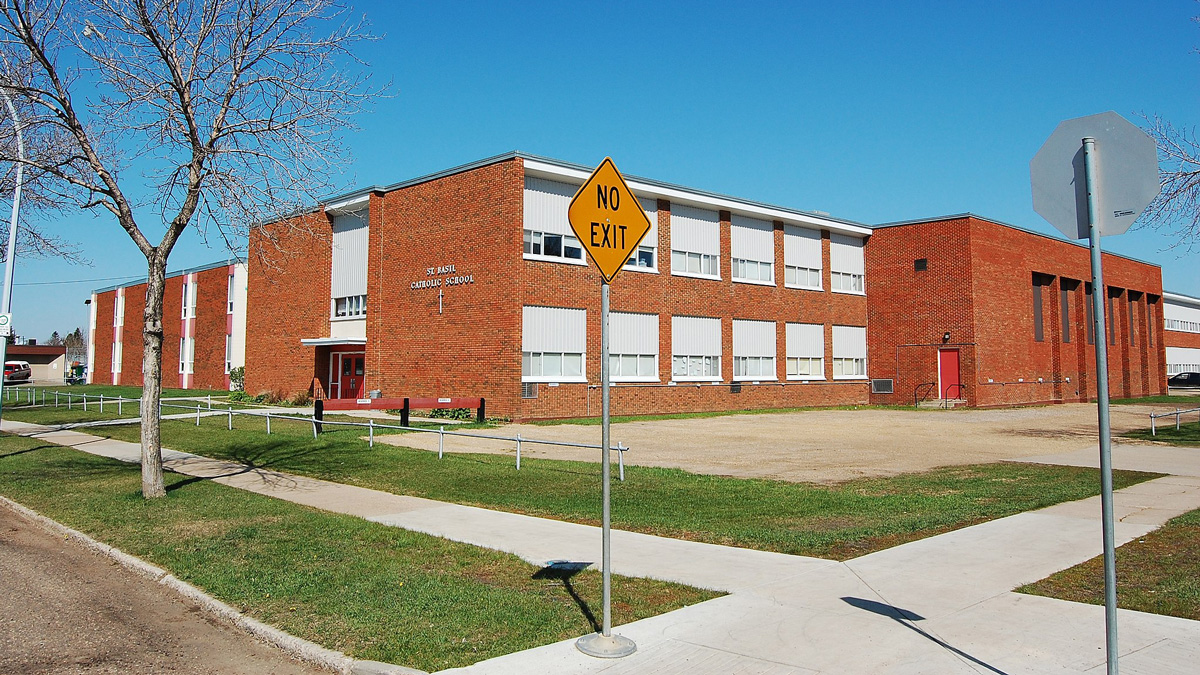 Emily Williams
Emily WilliamsGraduating high school, many of my peers and I assumed we would be the graduating class of 2023 at our respective universities, four years after we started university. Three years into my program, I am looking at graduating in 2024 at the earliest. Between working, maintaining a healthy social life, and taking care of my mental health, being able to take a full course load in order to graduate in four years has been unattainable. Over the last 30 years, the factors that allow students to achieve success have completely changed. However, the pressure to graduate in four years has not.
One of the primary reasons many people no longer graduate in four years is due to the abysmal financial reality faced by current students. In 2017, the average Canadian undergraduate student paid 40 per cent more in tuition fees than they did a decade before. When looking at federal data, the average amount of student debt is also on the rise and so is the total number of student borrowers.
The situation is even worse in Alberta.
Out of all the provinces, students in Alberta are graduating with the highest amount of student debt. Tuition in this province has also been rising at a much faster rate compared to others in recent years. This is due to ending the tuition freeze in Alberta a year earlier than expected, and a decrease in provincial funding for post-secondary education — that affected the University of Alberta disproportionately — leading to even more tuition increases.
These increasing tuition numbers have outpaced inflation and have real impacts on the way students juggle their lives. When looking at the national averages of tuition rates and minimum wage, students in 1990 had to work 293 hours at minimum wage to cover tuition. In contrast, students in 2018 had to work approximately 505 hours to pay off the average amount of tuition. This number doesn’t take into account changes in other fees and living expenses. No matter how you spin things, students are having to work more hours to pay for their degree. Of course, this is on top of the many hours students spend studying for classes.
Post-secondary education has also become more of a burden on students over the last 30 years due to mental health concerns — making it even harder to graduate in four years. As reported in Maclean’s, in the decade leading up to 2017, the number of emergency medical visits due to mental health concerns increased by 75 per cent for those ages five to 24.
From what I have seen, many students these days face a lot of anxiety regarding the pandemic, climate change, tense political relations, debt, and general academic stress. The American College Health Association found that in 2016, 44.4 per cent of Canadian university respondents felt overwhelmingly depressed and 64.5 per cent felt anxious. This psychological distress makes it more difficult for students to focus, retain information, and stay motivated enough to study while still enjoying school.
All these aspects would factor towards struggling to meet the four year timeline that is typically expected in most undergraduate programs. Students are more likely to take a lighter course load now than they would have 30 years ago as they are expected to work more to avoid student debt. Additionally, there is more of a mental health crisis now than there has been in the past, and this adds on to academic stress. This doesn’t even address things such as maintaining a social life or any familial or extracurricular obligations.
By adjusting our expectations of the graduation rate, students will be under less pressure and thus, will be in a better state for their overall wellness. It is also important to introduce more supports for students and make sure they are well-maintained.
There is simply too much pressure on students in 2021 and, in the end, graduating in four years is not attainable for most of us.




